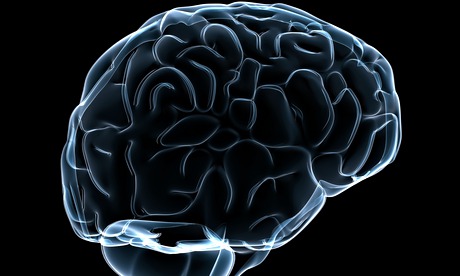Heated debate over a high-profile project of the European Commission to simulate the entire brain on a supercomputer – a long needed “paradigm-shift” in neuroscience, or an over-hyped, over-funded boondoggle destined to fail, at the expense of other smaller, cheaper, less sexy researches?
Researchers say European commission-funded initiative to simulate human brain suffers from ‘substantial failures’
From The Guardian

Many researchers refused to join on the grounds that it was too premature to attempt a simulation of the entire human brain. Photograph: Sebastian Kaulitzki /Alamy
The world’s largest project to unravel the mysteries of the human brain has been thrown into crisis with more than 100 leading researchers threatening to boycott the effort amid accusations of mismanagement and fears that it is doomed to failure.




